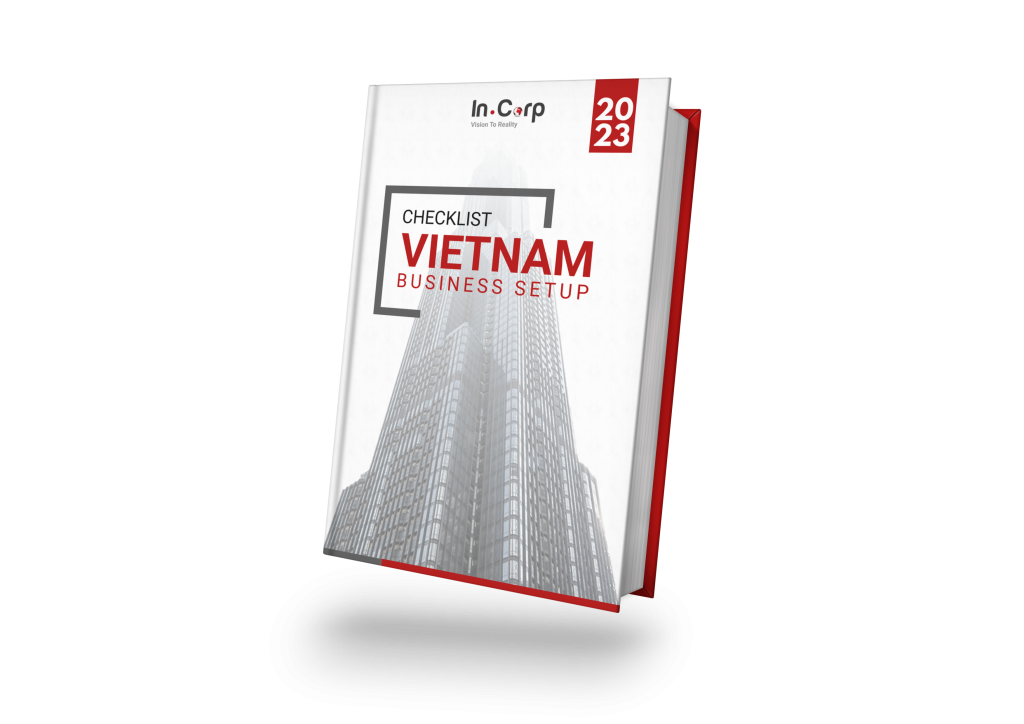
Work with Professional Bilingual Experts

Guidance for Your Dream Business

Complete Cost and Time Transparency







InCorp Vietnam provides licensing, product registration, and tax services to help you import and distribute your products to Vietnam. We also offer incorporation services so you can start the process without being in Vietnam.
In Vietnam, medical devices and their related products have a profit margin of between 35 and 40 percent.
All medical devices that enter the Vietnamese market must be registered prior to distribution.
Importantly, both domestic and imported medical equipment must obtain a Marketing Authorization (MA) license and other administrative documents such as Good Manufacturing Practice (GMP) or a Certificate of Pharmaceutical Products (CPP). All classes of medical devices require a free sale registration dossier (CFS).
Clinical trials are required for medical devices that have never been imported into Vietnam and provide a new feature or therapy. Foreign clinical studies are normally permitted; however, local clinical trials by the Ministry of Health may be requested in exceptional circumstances.
Currently, 35% of Vietnamese food and beverage consumption is based on Western food, mainly because of the growing number of foreign food and beverage brands in the country and the expanding middle class.
To import food and beverages into Vietnam, importers must strictly adhere to the regulations of food safety, stated by the local law. In case of minor changes, such as the size of the package and the information on the label, it is required to obtain approval from the VFA (Vietnam Food Safety Authority). Other changes may require a new Certificate of Conformity Declaration. A consultation with a specialist is necessary to avoid non-compliance that may lead to penalties and sanctions.
All importers must satisfy the following food and beverage import requirements:
Depending on the type of food and beverage that will be imported into Vietnam, the most common and important documents are:
Additionally, to distribute their products in Vietnam, producers must self-announce food safety quality and compliance to the Ministry of Health. The application dossier should have:
Vietnam’s healthcare spending in 2019 was estimated to be over $17 billion, accounting for 6.6 percent of the country’s GDP, according to FitchSolutions. Healthcare expenditure will climb to $23 billion in 2022 and can grow over 10% annually from 2019 to 2024. Having a trusted local consultant with extensive experience in product registration can simplify the process so you can maximize efficiency.
To register health supplements in Vietnam, investors must comply with several regulations and strict food safety and hygiene standards.
Producers and distributors entering the Vietnamese market must submit product self-declaration or product declaration registration to the Ministry of Health. The application dossier includes:
In addition to labeling, claims are also part of the requirements for health supplement product registration in Vietnam. There are two types of claims for health supplements, namely nutrient content claims and health claims, detailed below:
With the growth of the Vietnamese middle-income population and higher purchasing power, high-quality, well-known cosmetics are booming in Vietnam. Even though Vietnam possesses abundant natural cosmetic raw materials, the Vietnamese cosmetic industry relies heavily on imported products. In fact, local brands account for 10% of the market. High-quality international brands are the most demanded products among young consumers and have a natural advantage in the market.
To register cosmetics in Vietnam, importers are required to proclaim their products. The proclamation dossier includes:
Furthermore, foreign investors must establish a company responsible for registering and putting the products on the market. A certificate of free sale, product information file, product safety certificate, and several other licenses/documents should be presented to obtain a registration number.




Tell us about your company’s needs and aspirations in Vietnam


Go over your plan with one of our bilingual business Consultants


Our consultants will contact you to process the necessary paperwork and create your company dossier


Let us simplify your business journey and make your mark in APAC’s fastest-growing economy
The classification of medical devices in Vietnam is now based on a risk classification as opposed to the former division based on function classes.
The MOH’s Department of Medical Equipment and Health Works (DMEHW) is the regulatory organization that oversees the registration and licensing of all medical devices in Vietnam, as stated in Decree 36 and 39 (2019).
The registration is governed and approved by the Health Service Department for class A devices and the Ministry of Health (MOH) for class B, C, and D devices.
Every food that is distributed and sold in Vietnam must have a label on the outside, except for unpacked raw food, unpacked fresh food, and processed food. A food label should contain:
Food that is categorized as either functional, irradiated, genetically modified or contains additives must have this additional information on the label.
The labeling of health supplements is basically the same as labeling of other food types. In general, a label should be put on the package of the health supplement and contain the following mandatory information.
For supplements, it is required to put the title “supplemental foods” on the label.
Health supplements, also known as dietary supplements or food supplements, are products used to improve the health and boost the immunity of their users.
Health supplements may come in various forms such as pills, tablets, capsules, powder, liquids, and granules. In line with its purpose, a health supplement contain the following substances (can be a single substance or a mixture of many):
International cosmetics imported to Vietnam must be registered before entering the market. The whole process is managed by the Drug Administration of Vietnam (DAV) under the MOH through its safety regulations and certificates. Unfortunately, the process remains unclear as to the regulations change, which is expected from a developing country like Vietnam.




